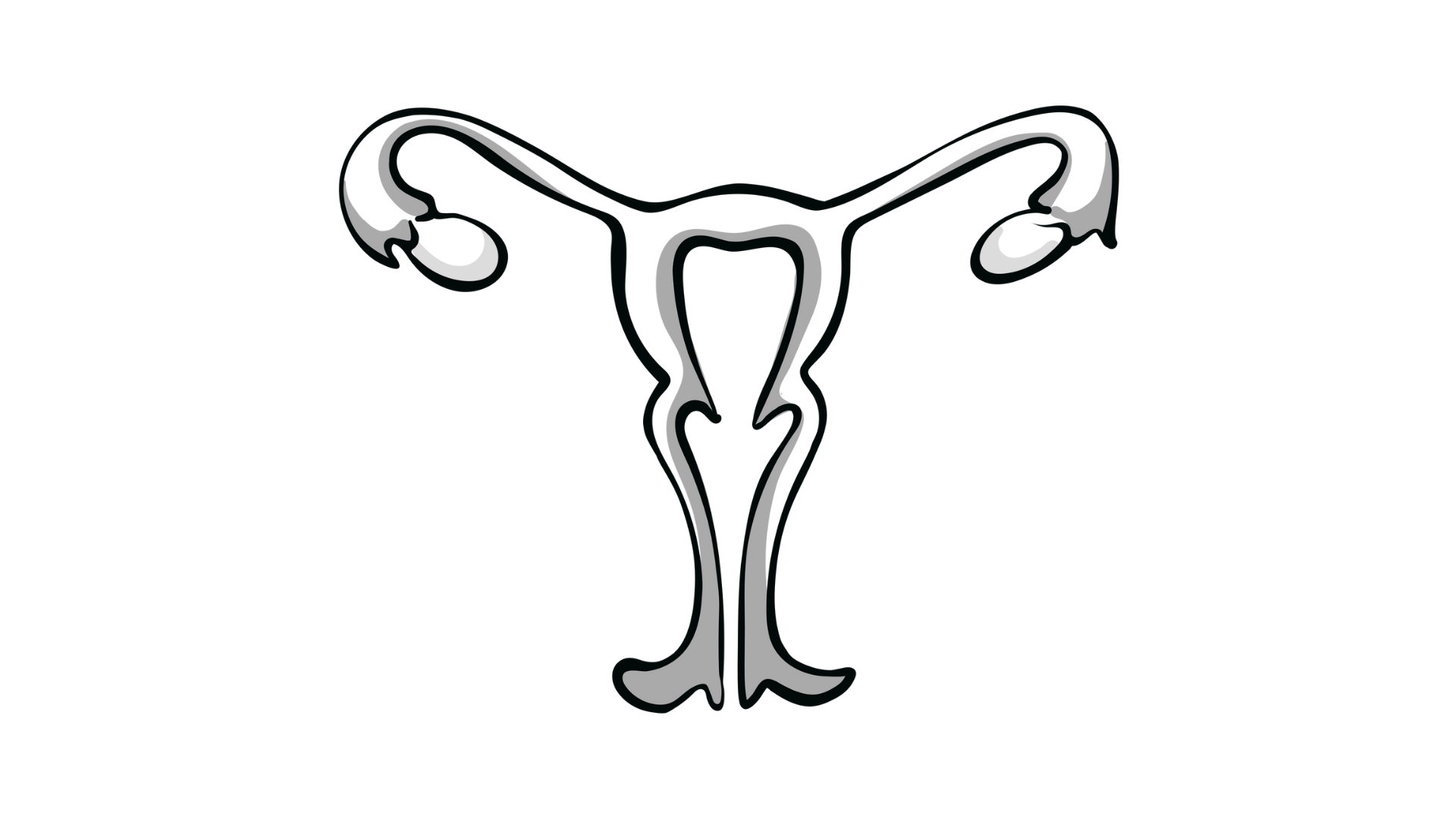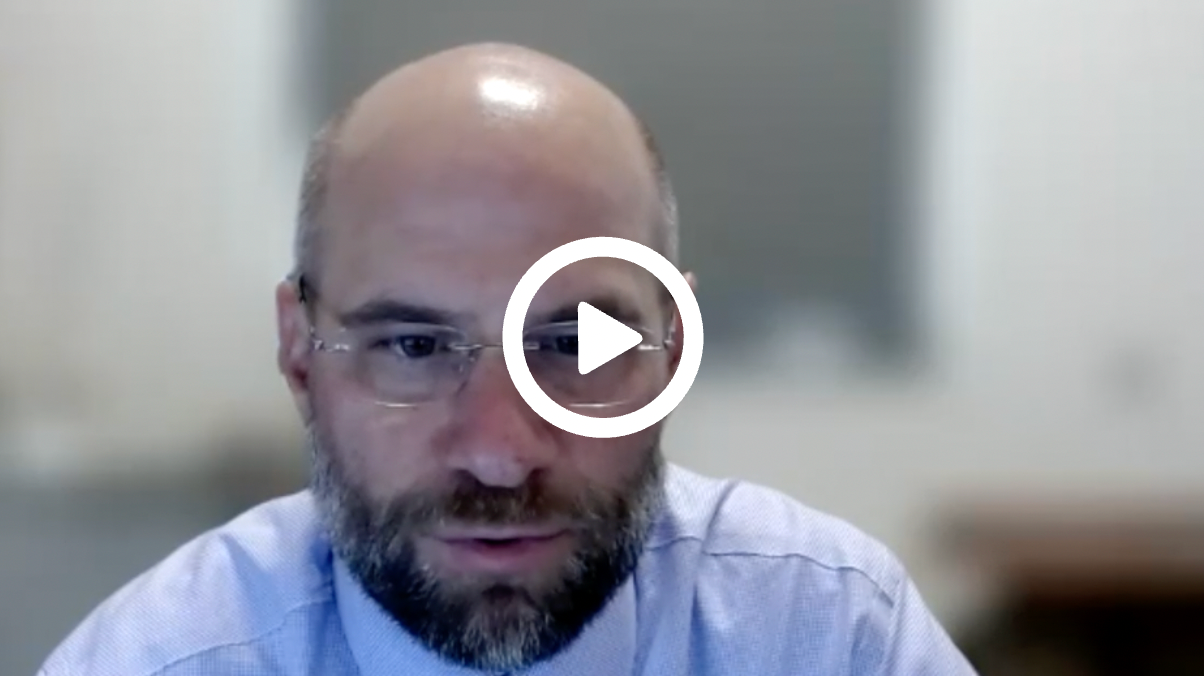Case Overview: A 67-Year-Old Woman With Ovarian Cancer
Chirag Shah, MD, MPH, an expert in gynecologic oncology, provides an overview of the case of a 67-year-old woman with ovarian cancer by reviewing the patient’s initial presentation, clinical work-up, and treatment.
Chirag Shah, MD, MPH: Hello, thanks for joining me. My name is Chirag Shah, and I am a gynecologic oncologist at Swedish Cancer Institute in Seattle, Washington. I am the medical director of the gynecologic oncology program and clinical faculty at University of Washington and the Washington State University School of Medicine. Today I am here to talk to you about a case involving a patient with ovarian cancer, so let’s dive in.
This case is a 67-year-old woman who initially presented with nonspecific complaints of abdominal discomfort and some modest weight loss. Her past medical history was mostly unremarkable: She was postmenopausal with no family history of breast, colon, or gynecologic malignancies. On physical examination, she was found to have some defused tenderness to abdominal palpation, and there was some bloating. Overall, her performance status was quite excellent, with an ECOG performance status of 0.
In work-up, on exam, she was found to have a left adnexal mass. This was confirmed on a transvaginal ultrasound. Subsequently, additional imaging was ordered in the form of a chest, abdomen pelvis CT scan. This CT scan revealed a 5-cm left adnexal mass with adenopathy in the pelvic and inguinal nodes. There was no disease in the chest, and paracentesis was performed.
Additional work-up at the time of her diagnosis after the paracentesis was CA-125 [cancer antigen 125] testing, which revealed an elevated CA-125 of 360. The diagnosis was confirmed as stage IV high-grade serous epithelial ovarian cancer. She was felt to be a surgical candidate and was taken to the operating room, where she underwent total abdominal hysterectomy, bilateral salpingo-oophorectomy, and lymph node dissection with optimal surgical cytoreduction and debulking to R0 or no gross residual status. She had an uneventful recovery, and she was started on chemotherapy in the form of intravenous carboplatin-paclitaxel for 6 cycles and was found to have a complete remission. Subsequently after recovering from her chemotherapy, she was started on niraparib maintenance.
Transcript edited for clarity.
Case: A 67-Year-Old Woman With Ovarian Cancer
Initial Presentation
- A 67-year-old female presented with abdominal discomfort and modest weight loss
- PMH: unremarkable, postmenopausal; no known family history of cancer
- PE: diffuse tenderness to abdominal palpation, abdominal bloating
- ECOG PS 0
Clinical Work-up
- Pelvic exam with transvaginal ultrasound showed a left ovarian mass
- Chest/abdomen/pelvis CT with contrast revealed a left adnexal 5-cm mass, pelvic and inguinal lymph node involvement, no pleural effusion
- Paracentesis (1200cc) cytology confirmed high-grade epithelial ovarian cancer
- Germline molecular testing: HRD+, BRCA1/2-
- CA-125, 360 U/mL
- Diagnosis: Stage 4, high-grade epithelial ovarian cancer
Treatment
- Patient underwent TAH/BSO, lymph node dissection, with optimal debulking; R0
- IP/IV paclitaxel/cisplatin; CR
- Niraparib maintenance was initiated








